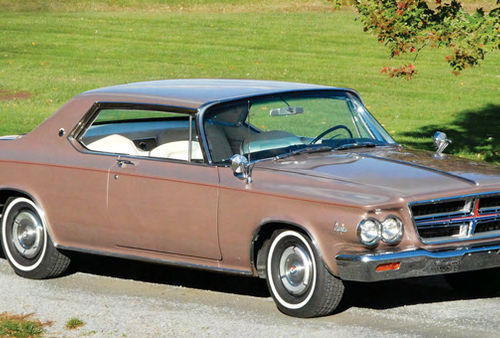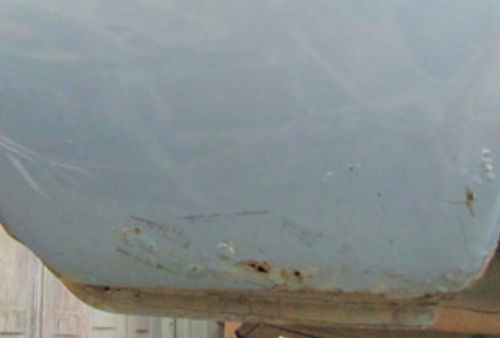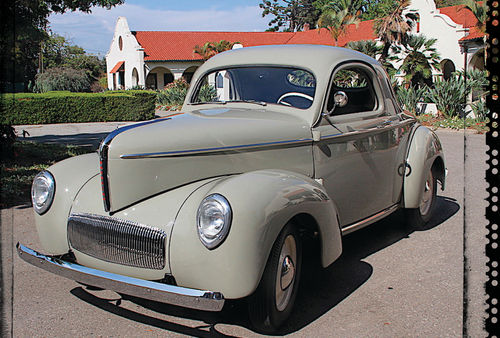I expected better gas mileage
Question:
I recently resurrected, mechanically speaking, a 1970 1⁄2-ton Chevy pickup truck with a 292 cid inline six-cylinder engine. My first impression, on the truck’s first long haul, was how my idea of gas mileage was way overestimated. Recently someone told me that the oil bath air cleaner was a hindrance to achieving better fuel economy. I would like to know if you have heard this to be true. And if so, is it worth the change to a different air cleaner?
I doubt that I will put more than 5000 miles on this truck each year so if the economy difference is negligible I probably wouldn’t change the air cleaner. I do plan on changing the very low geared rear end. Does the 292 cid engine need a lower geared rear end to get the job done?
Answer:
I, too, have heard some people say that oil bath air cleaners increase fuel consumption but I don’t believe this to be true. Why would it? The most common answer to this question is that oil bath air filters are not as efficient as more modern paper element air filters and when the air flow into the engine is reduced the engine runs richer and therefore uses more fuel. While at first glance that may seem to make sense I think it is utter nonsense. Engines that came with oil bath air cleaners were designed to ingest a sufficient volume of air and run with the correct air/fuel ratio. If you have a vehicle that’s running too rich, regardless of what type of air cleaner it uses, then adjust the carburetor so that it doesn’t run too rich.
You don’t say how many miles per gallon you expected to get with your mechanically restored truck or what your over the road fuel economy actually was so I can’t offer an opinion as to whether there’s something wrong with the truck.
I can, however, say that people often expect better fuel economy from vintage vehicles than they actually get and the most common reason why is they somehow intuitively believe that an engine with fewer than 8 cylinders in a relatively simple vehicle that has only a fraction of the luxury items and other content that a modern car has will get very good fuel economy. Though your truck has a 6cylinder engine it’s still relatively large at 292 cid and it relies on a relatively inefficient carburetor to deliver its fuel. Add in the fact that without any cargo beyond the driver and perhaps a passenger the truck’s weight approaches 4000 pounds and from an aerodynamic perspective it’s essentially analogous to moving a brick through the air and it’s entirely predictable that fuel consumption will be high.
And when it comes to pickup trucks, they almost always have very low differential gears, which is good for pulling and hauling heavy loads but bad for fuel economy at any speed.
If you’re not pulling a trailer that weighs several thousand pounds or hauling comparably heavy loads in the bed then there’s no reason why you should have a very low rear end ratio. Switching to a considerably higher gear ratio will help fuel economy dramatically.
An overdrive transmission or add-on overdrive unit will also make a very big difference in your truck’s fuel mileage.
And if you don’t already have them, modern radial tires that are correctly inflated will improve your fuel economy still further.















